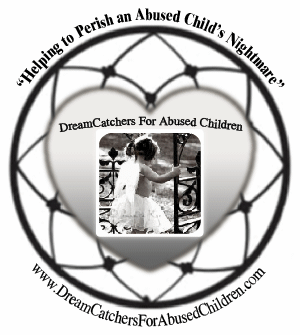Estate Gifts
Leave a Legacy
“Leave a Legacy” is an opportunity to leave an estate gift to a charity of your choice. Those of us who are able to give generously during our lifetime, and those who have been unable to make lifetime gifts, can discover unique ways to make major contributions through thoughtful, well planned wills and other gift techniques. Gifts may be in the form of money, property, investments or a portion of an estate. Gifts can be given simply as a thank you to a beloved organization or to ensure the continued vitality of the community for generations to come. Tax benefits may be derived from these gifts. An attorney, accountant or financial adviser can help determine the type of gift that is right for each individual.
Leave a legacy inspires people from all walks of life and all income levels to think beyond their lifespan when doing good works. Imagine how much good could be done if each one of us remembered a favorite charity or cause in our will or estate plan? The impact would be immeasurable!
Charitable organizations need financial assistance from people like you to continue their work. More than 80 percent of Americans contribute to the nonprofit groups of their choice throughout their lifetimes. But according to research conducted in 2000, only around 8% chose to continue this support through a charitable bequest.
By making bequests and other “planned gifts,” you can continue to help organizations that are making an important difference in your community. What better way to thank the people or organizations that have had an impact on your life, than to make a contribution from your estate through a bequest?
CHARITABLE BEQUESTS
A charitable bequest is simply a distribution from your estate to a charitable organization through your last will and testament. There are different kinds of bequests. For each, you must use very specific language to indicate the precise direction of your assets, and to successfully carry out your final wishes. In any charitable bequest, be sure to name the recipient accurately. A bequest to The Cancer Society might go to national headquarters, when you meant it to go to the affiliate in your community.
What is an estate?
Your estate is the sum of your assets, including property you own, insurance policies, retirement accounts, cash on hand, etc. Wealthy people may have very large estates, but even people who aren’t wealthy often have the resources to make a charitable bequest. If every adult in America made a will and included a bequest of just $100, billions of dollars would flow to charitable causes every year.
TYPES OF BEQUESTS
Below, we have listed some of the more common kinds of bequests. We always recommend that you carefully review the terms of your will with a professional trained in handling trusts and estates.
1) General Bequests are legacies left to certain people or causes that come from the general value of the estate, and are made by designating a specific dollar amount, a particular asset or a fixed percentage of your estate to the cause of your choice.
2) Specific Bequests are made when a particular item or property is bequeathed for a designated purpose. (i.e., instruments bequeathed to the local school district for use in music education; dollar funds to be used in the operation of a school or church.)
3) Residuary Bequests are made when you intend to leave the residue portion of your assets after other terms of the will have been satisfied.
4) Contingency Bequests allow you to leave a portion of your estate to a particular charity if your named beneficiary does not survive you.
For more information on legacy gifts, or to see the specific “bequest language” needed to ensure your legacy gift is donated properly, please visit:
http://www.leavealegacy.org/how_give.asp


















![Validate my RSS feed [Valid RSS]](http://dreamcatchersforabusedchildren.com/wp-content/uploads/2009/10/valid-rss.png)












